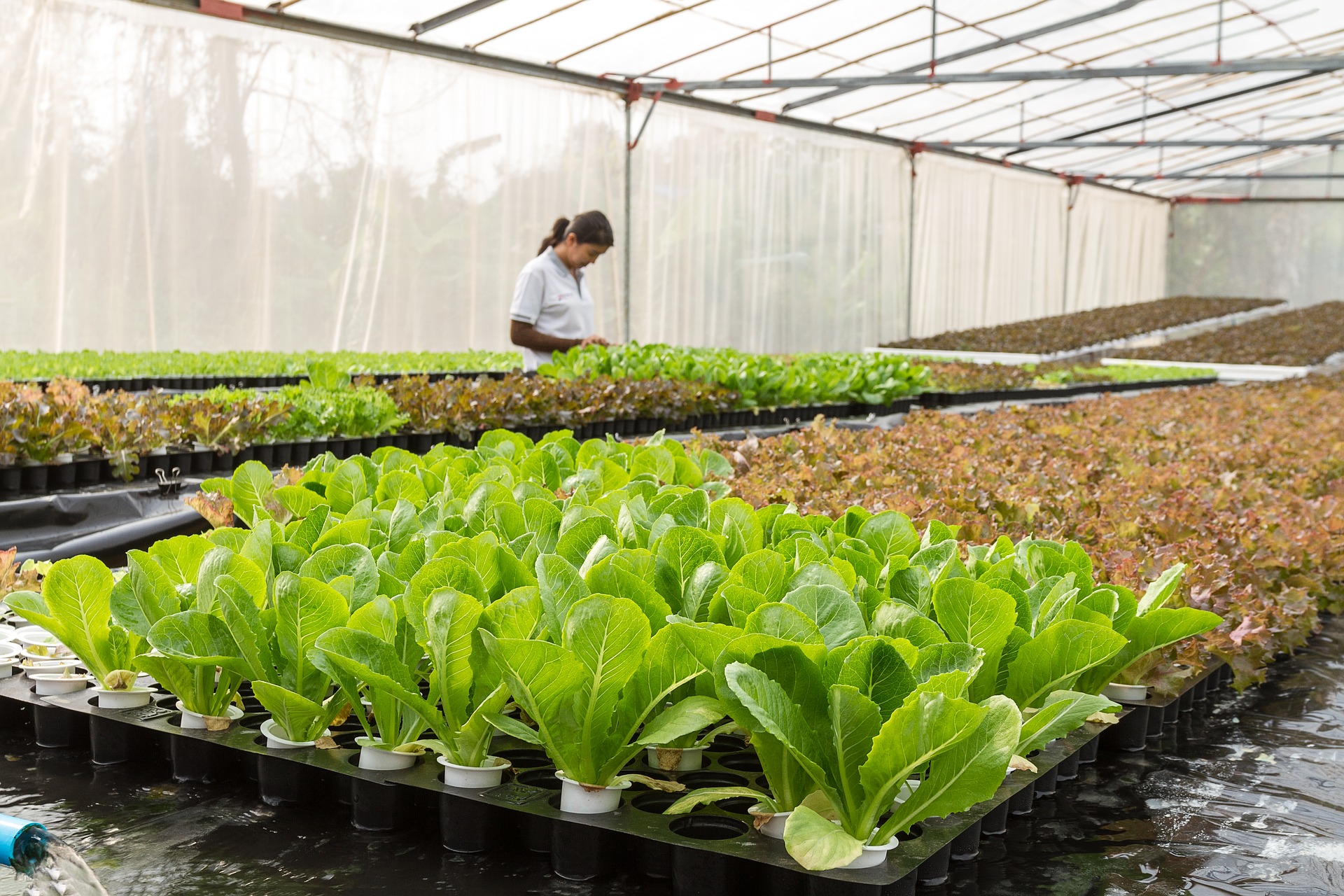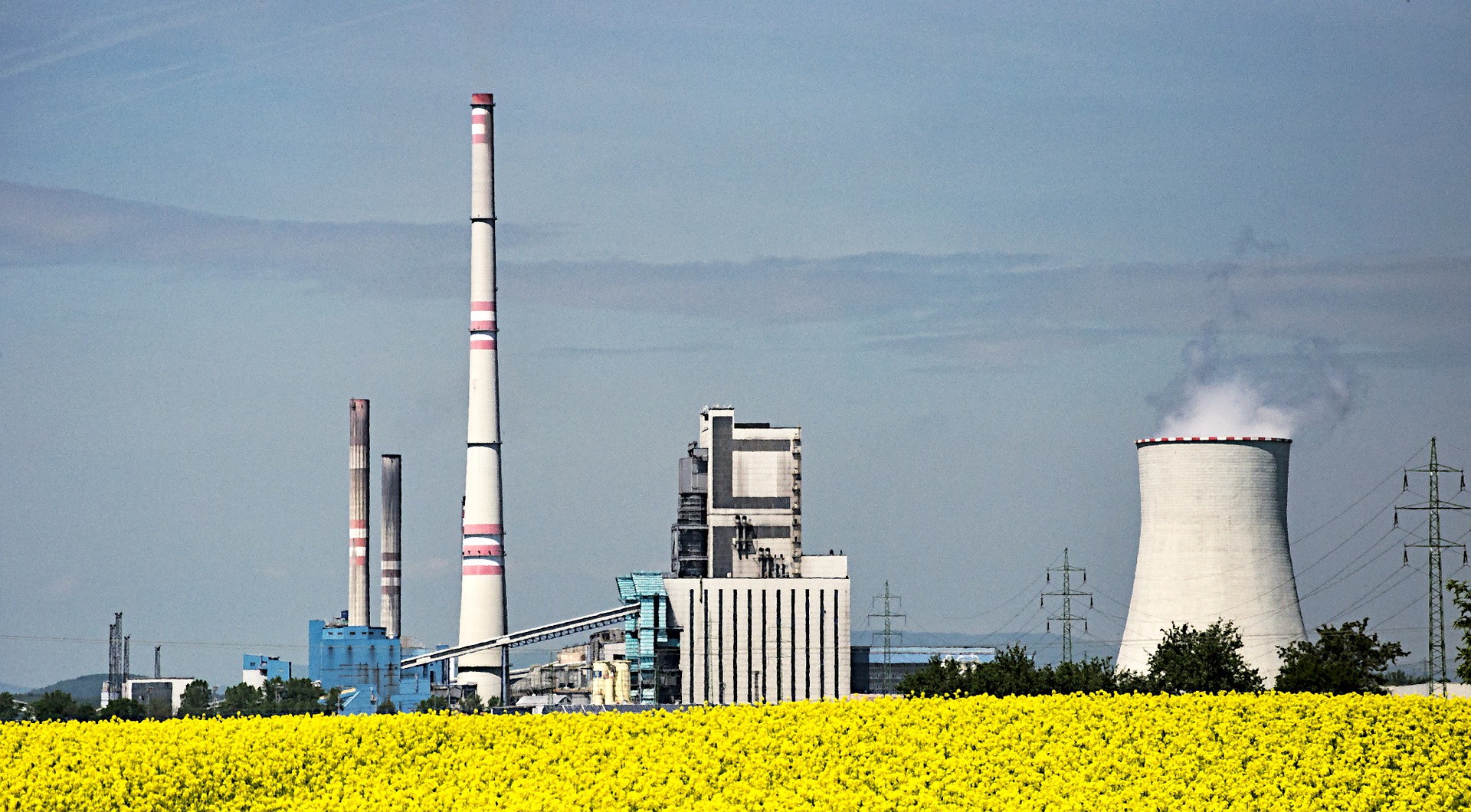Biotechnologists work with cutting edge methods in various biotechnology sectors. Biotechnologists research, create, and improve new technologies and products by working with biological organisms. These scientists work to solve world problems, such as designing new medicines and green energy methods. A graduate degree in biotechnology can open doors to many opportunities. Some of these opportunities include, working in research and development, at universities, and commercial and private companies and labs in a variety of biotechnology sectors.
As with any career, building your skills and leadership abilities will allow for more growth and opportunity. Combine these skills with a deep understanding of the industry and a desire to want to make a difference, and you have a great chance to grow a career in an exciting field.
Here are a few biotechnology sectors to explore:
Drugs and pharmaceuticals / Biomedicine
In this sector, scientists start off the drug discovery process with basic research to identify genes or proteins associated with particular diseases. They further examine these genes or proteins to determine their value as drug targets and diagnostic markers. After a beneficial discovery, the scientists go into deeper research mode to seek chemicals that may help ultimately affect the target. Overall a lengthy process, scientists go through many phases to reach an end goal of hopefully arriving in clinical trials.
Medical devices and equipment and research
According to biotech-careers.org, “Medical devices are used to help power the heart, deliver drugs, diagnose disease, obtain x-rays, and carry out a variety of tasks.” Biomedical engineers combine engineering principles with medical sciences to design and create equipment, devices, computer systems, and software used in healthcare.
Agricultural Biotechnology
Within agricultural biotechnology, professionals work to make horticultural, aquacultural, and agricultural methods more efficient and profitable. They employ genetic engineering and breeding techniques to enhance plants and animals. For instance, they engineer crops to be resistant to pests so that pesticides don’t have to be used as much. In addition, they can work in research and development to design entirely new types of plants. These new plants may offer better options for human consumption. Additionally, agricultural biotechnologists seek innovative new ways to solve global food problems. These include demand for food and decrease agricultural pollution.

Biofuels
Biofuels are fuels created through modern biological methods. By this way, we mean anaerobic digestion and agriculture, instead of geological methods. The later creates fossil fuels. As the desire for renewable energy sources increases, the job outlook for biotechnologists in this field grows. Biotechnology professionals research and develop new technologies to manufacture varieties of biofuel from plants and other organisms. Additionally, they conduct tests for efficiency.

UMBC’s Biotechnology Graduate Programs
UMBC’s Biotechnology master’s degree is designed to provide students with the skills sought by the biotechnology industry. The curriculum offers advanced instruction in the life sciences, along with coursework in regulatory affairs, leadership, management, commercialization and legal issues inherent to a life science-oriented business.
